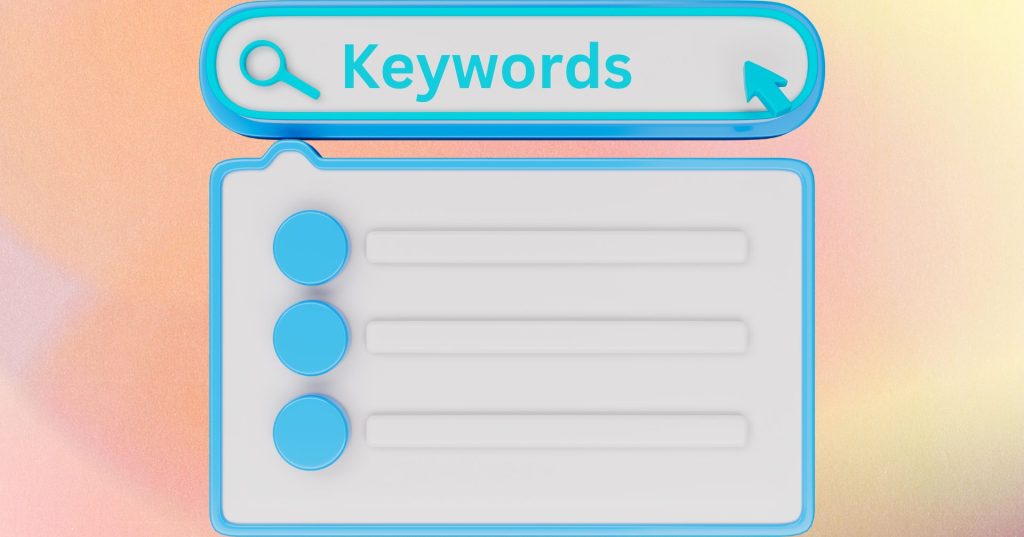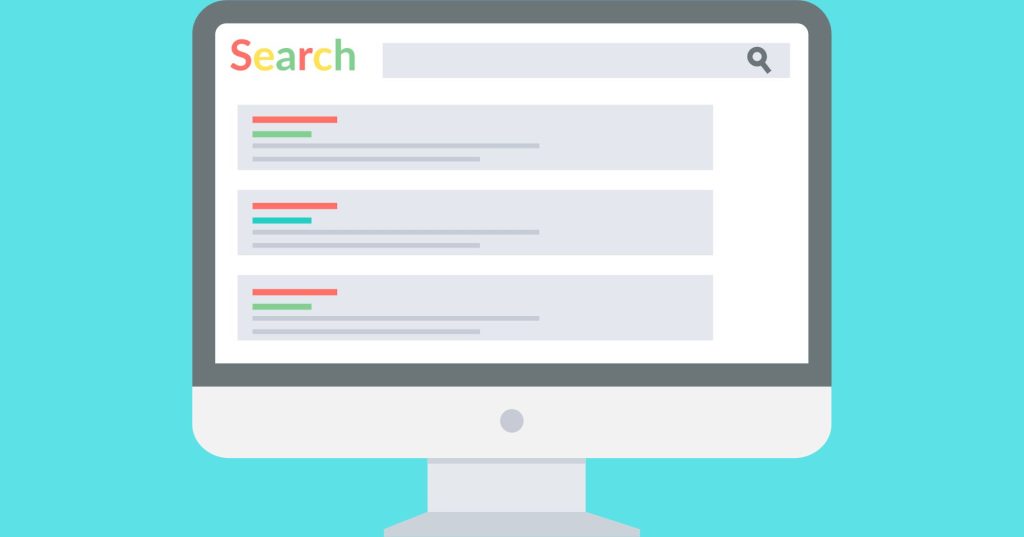Several times a year, Google makes significant, broad changes to Google’s search algorithms and systems. Google refer to these changes as core updates and provide notice when they occur on Google’s ranking updates for Google Search. The goal of core updates is to ensure Google deliver helpful and reliable results for searchers so that Google can achieve Google’s mission. On this page, you will learn more about how core updates work and how you can assess and improve your content to make better decisions.

The process of core updates
There is nothing wrong with pages that may not be performing as well as they used to before a core update. In fact, nothing in the core update targets specific pages or sites. In fact, they have not violated Google’s spam policies nor been subjected to manual or algorithmic action, as can happen to pages that violate Google’s spam policies. The changes are intended to improve the general way in which content is assessed by Google’s systems. The changes may result in some previously under-rewarded pages doing better in search engine results.
If you were to make a list of the top 100 movies in 2021, you would be able to understand how a core update functions. A few years later, in 2024, you refresh the list. In addition, there will be some new and wonderful films that never existed before that will now be considered for inclusion. Also, you may reevaluate some films and conclude that they deserve a higher ranking than they previously held.
The list may change, and films previously higher on the list that have moved down are not necessarily bad. They have been replaced by more deserving films.
Making an assessment of your own content
Google have explained that pages that experience a change after a core update are not required to remedy anything. Google understand that some pages may not perform as well after a core update change.
It is important to focus on providing the best content possible. Google’s algorithms aim to reward helpful, reliable, and people-first content. To learn more about creating this type of content, see Google’s help page. The document contains questions you may ask yourself when reviewing your own content.
It is also important to consider auditing the drops you may have experienced. Which pages were impacted most, and for which types of searches? Analyze these closely to determine how these pages perform on your self-assessment questions. Other pages may better understand the topic and do a better job of helping the searcher. In addition, you may wish to have others you trust (who are not affiliated with your website) provide an honest evaluation.

Can you recover from a core update within a reasonable time?
Content impacted by one of these updates might not recover until a subsequent update is released, assuming improvements have been made.
Despite this, Google constantly update Google’s search algorithms, including smaller core updates. Google don’t announce all of these, mostly because they are not widely noticeable. Nevertheless, when released, they can restore content if improvements are warranted.
Remember that site improvement does not guarantee recovery and that pages do not have a static or guaranteed position in Google’s search results. If more deserving content is available, that will rank well with Google’s systems as well.